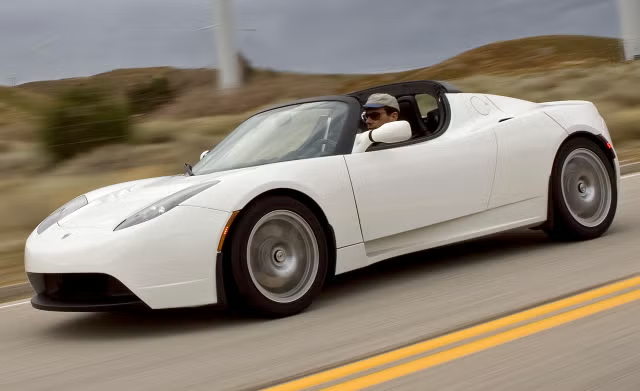In 2023, the auto industry continues to evolve at a rapid pace, driven by technological innovations and increasing consumer demand for sustainable mobility solutions. With electric vehicles (EVs) making headlines across the globe—from Tesla’s record-breaking sales to Rivian’s ambitious production targets—it’s clear that the automotive landscape is shifting. But how do EVs compare to hybrids and traditional gasoline cars in the current market? This article delves into the latest trends, providing you with insights into what to expect and consider when choosing your next vehicle.
The Rise of Electric Vehicles in 2023
Growing Popularity and Market Share
Electric vehicles have seen a significant rise in popularity over the past few years. According to Bloomberg Green, EVs accounted for nearly 15% of global car sales in 2023, a substantial increase from just 4% in 2020. Brands like Tesla, BYD, and Hyundai are leading the charge with cutting-edge models and robust sales figures. Tesla’s Model 3, for example, remains one of the best-selling EVs worldwide, thanks to its impressive range and performance.
Technological Advancements and Battery Innovation
Recent advancements in battery technology have been a game-changer for the EV market. The development of solid-state batteries, as reported by MIT Technology Review, promises longer ranges and quicker charge times, addressing two of the major consumer concerns. With companies like Volkswagen investing heavily in battery tech, the future of EVs looks even more promising.
Hybrids: A Middle Ground in 2023
Understanding Hybrid Vehicles
Hybrids offer a blend of electric and gasoline power, providing an efficient alternative for those not ready to make the full switch to electric. In 2023, hybrids still hold a significant share of the market. According to AutoCar, brands like Toyota and Ford continue to expand their hybrid lineups, catering to environmentally conscious drivers who seek fuel efficiency without range anxiety.
Benefits and Drawbacks
- Pros:
- Lower emissions compared to gas cars
- Better fuel economy
- Tax incentives and rebates in many regions
-
Cons:
- Higher initial cost than gas cars
- Complex maintenance due to dual powertrains
For those considering a hybrid, it’s crucial to weigh these factors against your driving habits and environmental goals.
Gasoline Cars: Still Relevant in 2023?
Current Market Trends
Despite the shift towards electrification, traditional gasoline cars remain a staple for many, especially in regions where charging infrastructure is limited. Reuters Mobility highlights that gas cars accounted for around 55% of global sales in 2023, down from 70% in 2020. Brands like Nissan and Ford continue to innovate in this space, focusing on improving fuel efficiency and reducing emissions.
Why Some Consumers Still Prefer Gas Cars
- Availability: Extensive network of fueling stations
- Performance: Often perceived as more powerful and reliable
- Cost: Generally lower upfront cost compared to EVs and hybrids
However, with increasing fuel prices and environmental concerns, the long-term viability of gas cars is under scrutiny.
Making the Right Choice: EVs, Hybrids, or Gas?
Factors to Consider
When deciding between an EV, hybrid, or gas car, consider the following:
- Driving Habits: Long distances may favor hybrids or gas cars, unless you’re in an area with ample charging stations.
- Budget: Consider both upfront costs and long-term savings on fuel and maintenance.
- Environmental Impact: Evaluate your personal commitment to reducing carbon emissions.
- Incentives: Look into available tax credits and rebates for EVs and hybrids, which can significantly offset costs.
Where to Buy and Charge
- Buying Tips:
- Compare models online through platforms like Autotrader or CarGurus.
- Visit dealerships to test drive different types of vehicles.
-
Charging Infrastructure:
- Use apps like PlugShare to locate charging stations.
- Consider home charging solutions for convenience and cost savings.
Conclusion: Looking Ahead
As we move further into the decade, the automotive industry is poised for even more transformative changes. EVs are set to dominate the market, with hybrids serving as a valuable transitional option for many drivers. Gasoline cars, while still present, will likely see a gradual decline as environmental policies tighten and consumer preferences shift.
In choosing between an EV, hybrid, or gas car, it’s essential to consider your lifestyle, environmental goals, and financial situation. What will fuel your drive in 2023 and beyond? Share your thoughts or questions in the comments below, and stay tuned for more insights into the future of mobility.

